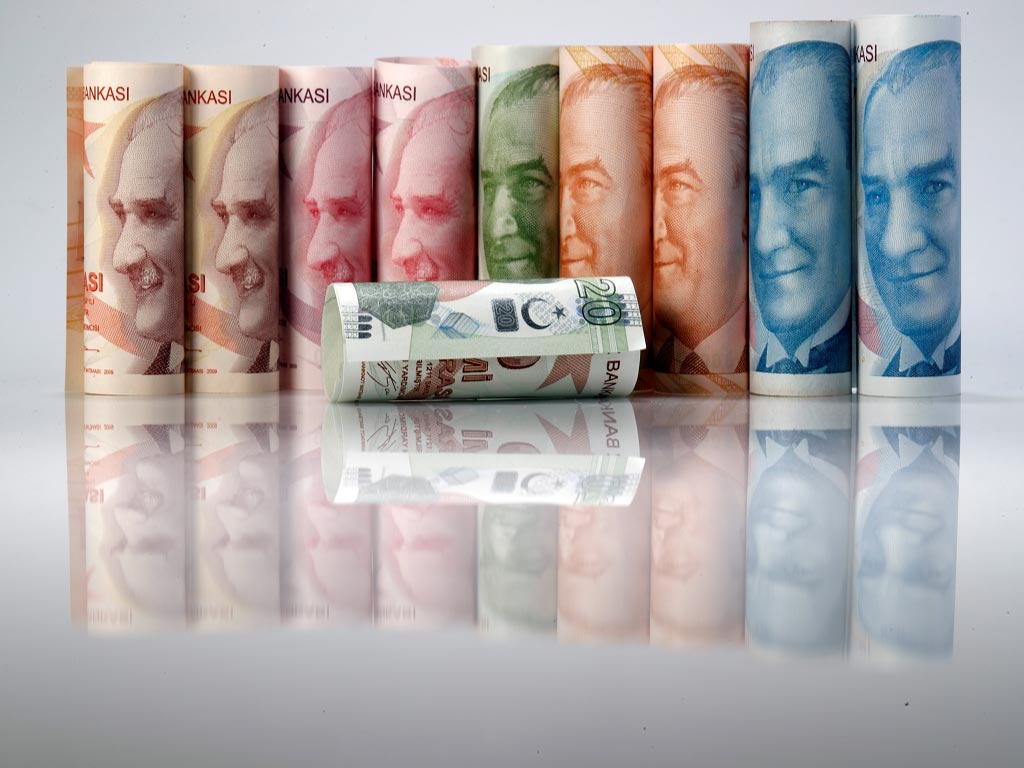 ISTANBUL: The Turkish lira weakened 0.3 percent against the dollar early on Monday after local elections in which President Tayyip Erdogan's AK Party lost control of the capital Ankara and appeared to concede defeat in the country's largest city, Istanbul.
ISTANBUL: The Turkish lira weakened 0.3 percent against the dollar early on Monday after local elections in which President Tayyip Erdogan's AK Party lost control of the capital Ankara and appeared to concede defeat in the country's largest city, Istanbul.
At 0516 GMT, the lira stood at 5.57 against the U.S. currency, having weakened as much as 5.63 and compared with a close on Friday of 5.5550.
The lira tumbled almost 30 percent against the dollar in lat year's currency crisis. Last week, in an echo of the crisis of confidence, it swung wildly https://tmsnrt.rs/2CEaO11 as the government and central bank unleashed a series of stop-gap support measures.
With Turkey's economic downturn apparently weighing heavily on voters, the AK Party lost control of Ankara. Opposition Republican People's Party (CHP) candidate Mansur Yavas won a clear victory, according to Turkish broadcasters.
In Istanbul, the vote count was so tight that both parties declared victories. The AK Party said former Prime Minister Binali Yildirim defeated his CHP rival Ekrem Imamoglu by a mere 4,000 votes - with both candidates polling more than 4 million votes. Imamoglu said he had a lead of 28,000.
In an early Monday speech, Erdogan pledged that Turkey would now focus on its troubled economy. Turkey slipped into recession late last year.
"The Istanbul uncertainty...may stay in the forefront and overshadow other developments in the markets," said one banker who declined to be identified.
"The expectation is that emphasis will be given to needed structural reforms in a period of four years without elections. If there is a delay in this, it will increase pressures on markets," he said, adding that the lira will likely remain in a 5.50-5.70 band while the uncertainty continues.
In the week ahead of elections Turkish stocks, bonds and the currency sold off, prompting the government to direct banks to temporarily starve a key London market of lira liquidity, according to officials.
Investors were also weighing up a statement Monday from Moody's Rating Agency, which said the erosion of Turkey's foreign currency reserves is a credit negative and central bank use of reserves to prop up the lira currency poses renewed questions on its transparency and independence.
The renewed slip in Turkey's financial markets and uncertain policy reaction to recession raises a risk of further capital flight, Moody's said, adding that the results of local polls will likely determine the future path of macroeconomic policy.




















Comments
Comments are closed.